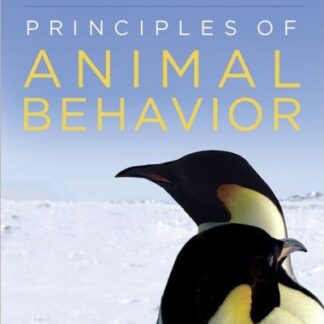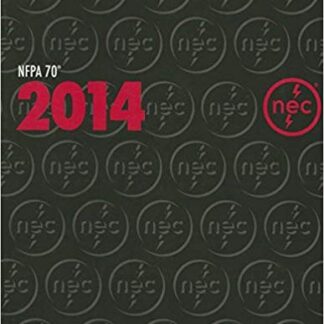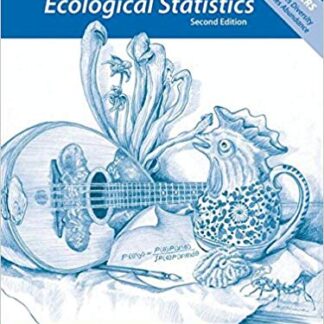Description
Dealing with Food Allergies: A Practical Guide to Detecting Culprit Foods and Eating a Healthy, Enjoyable Diet by Janice Vickerstaff Joneja, ISBN-13: 978-0923521646
[PDF eBook eTextbook]
- Publisher: Bull Publishing Company (March 1, 2003)
- Language: English
- 484 pages
- ISBN-10: 092352164X
- ISBN-13: 978-0923521646
Food is central to every aspect of our life on every level: physical, psychological, and emotional. On the physical level no other relationship is as close; the food we eat becomes an integral part of our bodies. The building blocks for every cell in our body—bones, internal organs, brain, blood, skin, hair, and all the rest—come from the food we eat. Even more sobering is the thought that the sperm and eggs that will form our children and grandchildren will likewise be constructed from the molecules we get from our food. The energy for every bodily function is also supplied by the food we eat. Digestion, the circulation of our blood, the functioning of our brains, walking, working, loving, every internal physiological process, and every moment—these are all fueled by chemicals in our food.
Social life, so important to our psychological and emotional health, almost always revolves around food. Our celebrations—birthdays, weddings, holy days, holidays, and even death—invariably involve sharing the food appropriate to the occasion. Almost all religious ceremonies and festivals involve special food. Like the bread and wine of the Christian communion, the shared meal in the Gurdwara after the religious service in Sikh society, the special foods of Moslem Ramadan, the traditional foods of Jewish festivals, every religious and ethnic group has its own particular foods that are part of the cultural heritage of the people. From earliest childhood, food comes to represent family, community, nurturance, friendship, and belonging. When the experience has been pleasurable, food becomes a source of comfort and solace throughout life, like the family, culture, and religion with which it is associated. Sharing food is also frequently associated with our careers and working life. Company dinners and picnics, “working lunches,” and client meals are all strategies to improve relationships between co-workers with the aim of boosting productivity and increasing the success of the company and its employees. What better way to impress the boss than the carefully prepared and presented home-cooked meal? He or she feels pampered, cared for, satisfied, and (the point of the exercise!) extremely benevolent toward the provider of the meal. Food is central to the endeavor. But—imagine any of the above situations and remove food. The picture becomes very different.
Food allergy and intolerance of foods and food additives can impose enormous pressures on sufferers and their families. When allergic people are in danger of a life-threatening anaphylactic reaction (a response that involves the whole body), they and their family and friends live in continual fear of exposure to the culprit food, and they maintain constant vigilance in seeking out and avoiding the “enemy food.” This often leads to an obsessive preoccupation with food, which is viewed as a lethal threat. In extreme cases this may result in food phobia, nutritional deficiency, and extreme anxiety states. Even when the allergy is not life-threatening, nutritional, economic, and social stresses can compromise the quality of life of food-sensitive people and their families.
Janice Vickerstaff Joneja, PhD, RDN, is a widely known Canadian authority on food allergies and their treatment. Her audio course, Mechanisms and Management of Food Allergies and Intolerances, is accredited with the American Dietetic Association for continuing education.
What makes us different?
• Instant Download
• Always Competitive Pricing
• 100% Privacy
• FREE Sample Available
• 24-7 LIVE Customer Support




